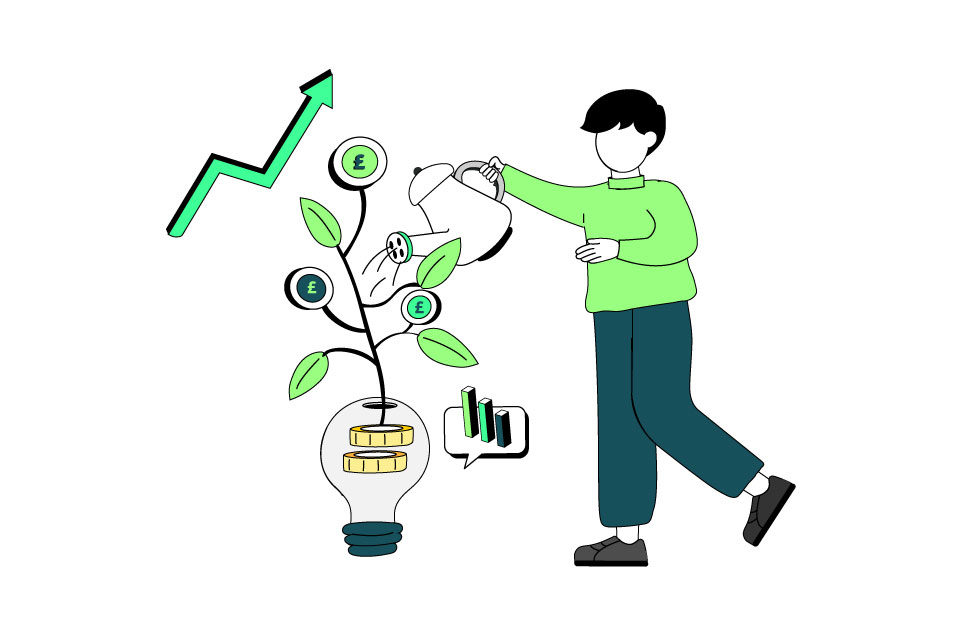By Jo Causon, CEO, The Institute of Customer Service
As lockdown measures ease and we begin the mammoth task of rebuilding our economy and society, increasing questions are being raised as to how the world will – and should – look post-crisis. As the government dramatically increases spending to revive the economy, a debate has emerged as to whether our recovery efforts should also achieve other goals –Including the fight to help the climate crisis. Some may say that the somewhat distant, abstract goals of the ‘Green Recovery’ have fallen down the list of priorities when faced with the crushing economic impacts of the pandemic, but it is my belief that the two are not mutually exclusive.
Driving more sustainable business models would of course benefit wider society by tackling the threat of climate change, which remains as ever-present as it was six months ago. But it may also be a crucial factor in unlocking long-term profit opportunities. The crisis has accelerated consumer trends that we had already begun to see emerge over the past few years. Customers are increasingly looking for products and brands that align with their own personal values and ethics – and it stands to reason that in the face of economic uncertainty; increasingly cash-strapped shoppers will be less inclined to support a brand financially if they do not agree with its social and environmental values.
A good product is no longer enough to win consumer’s favour; greater emphasis is being placed on trust, ethics, social responsibility and responsible business practices. Much commentary has been made on the positive impact the crisis has had on our environment, and the concept a ‘Green Recovery’ has strong public support. I believe that customers are not only ready to consider the environmental consequences of their shopping habits, but are also increasingly looking to brands to lead the charge – making sure they are promoting sustainability across their value chain and helping to educate customers about genuinely sustainable choices.
Several organisations, from ASDA to Lloyds Bank, have already made a public statement of support for more sustainable business practices – calling on the government to prioritise environmental issues in its recovery plans. This sort of demonstration that an organisation is leading the way in finding solutions to the environmental crisis sets a clear point of difference in the eye of the consumer – setting them apart in an increasingly competitive marketplace.
Placing greater focus on sustainability will also benefit organisations from an employer brand perspective. Employees are consumers too, and increasingly want to align themselves with brands that share their beliefs. Those organisations that clearly demonstrate their commitment to a more sustainable future will be in the strongest position to attract the best talent – therefore arming themselves with one of the most crucial tools required to successfully rebuild.
The crisis is far from over, and businesses have an enormous task on their hands to successfully rebound. But in dealing with the immediate challenges, it is vital to maintain an eye on the long term. Those that take the time to understand the values of their customer base and align themselves with them, will stand the best chance of success.



